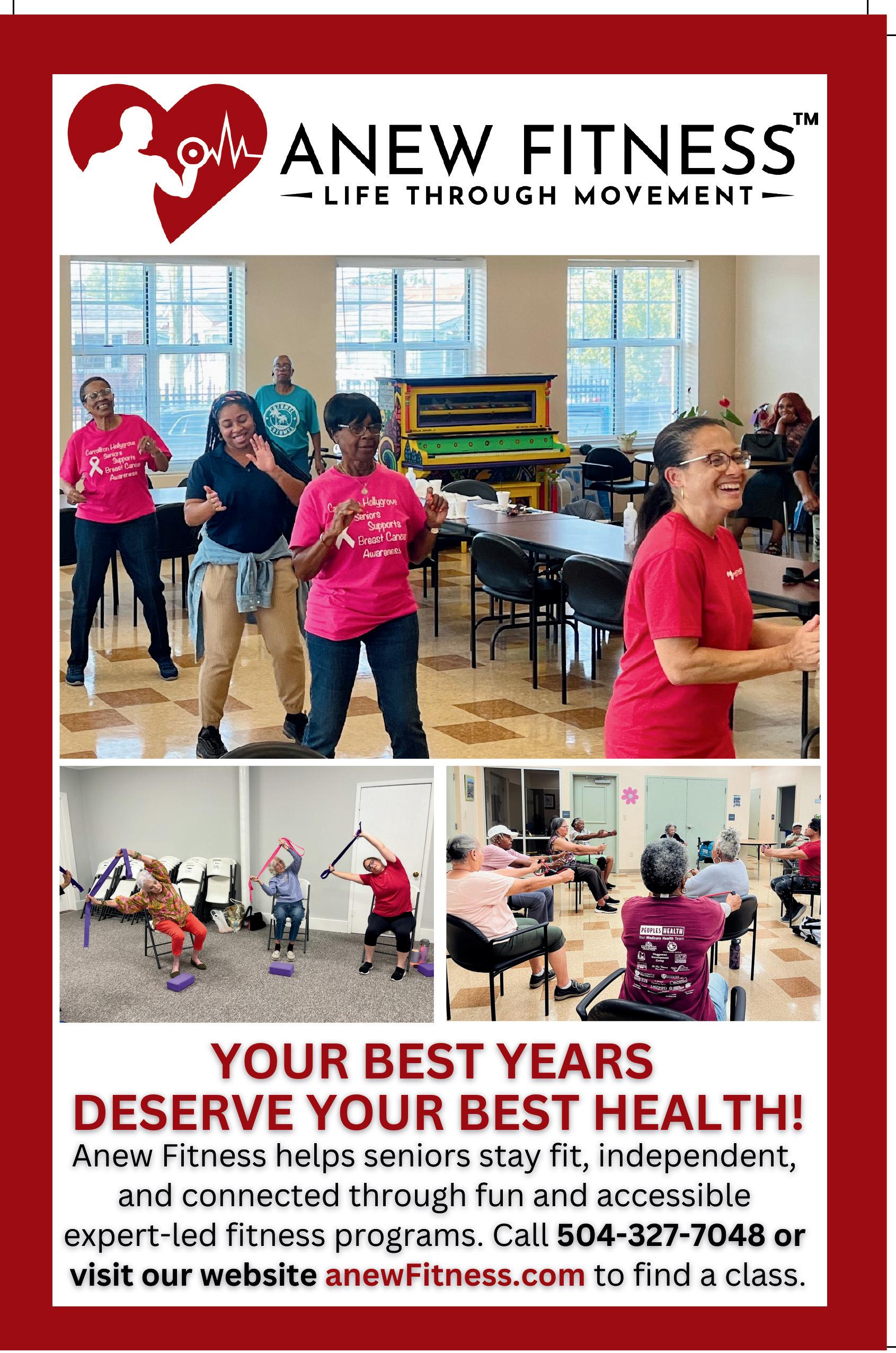




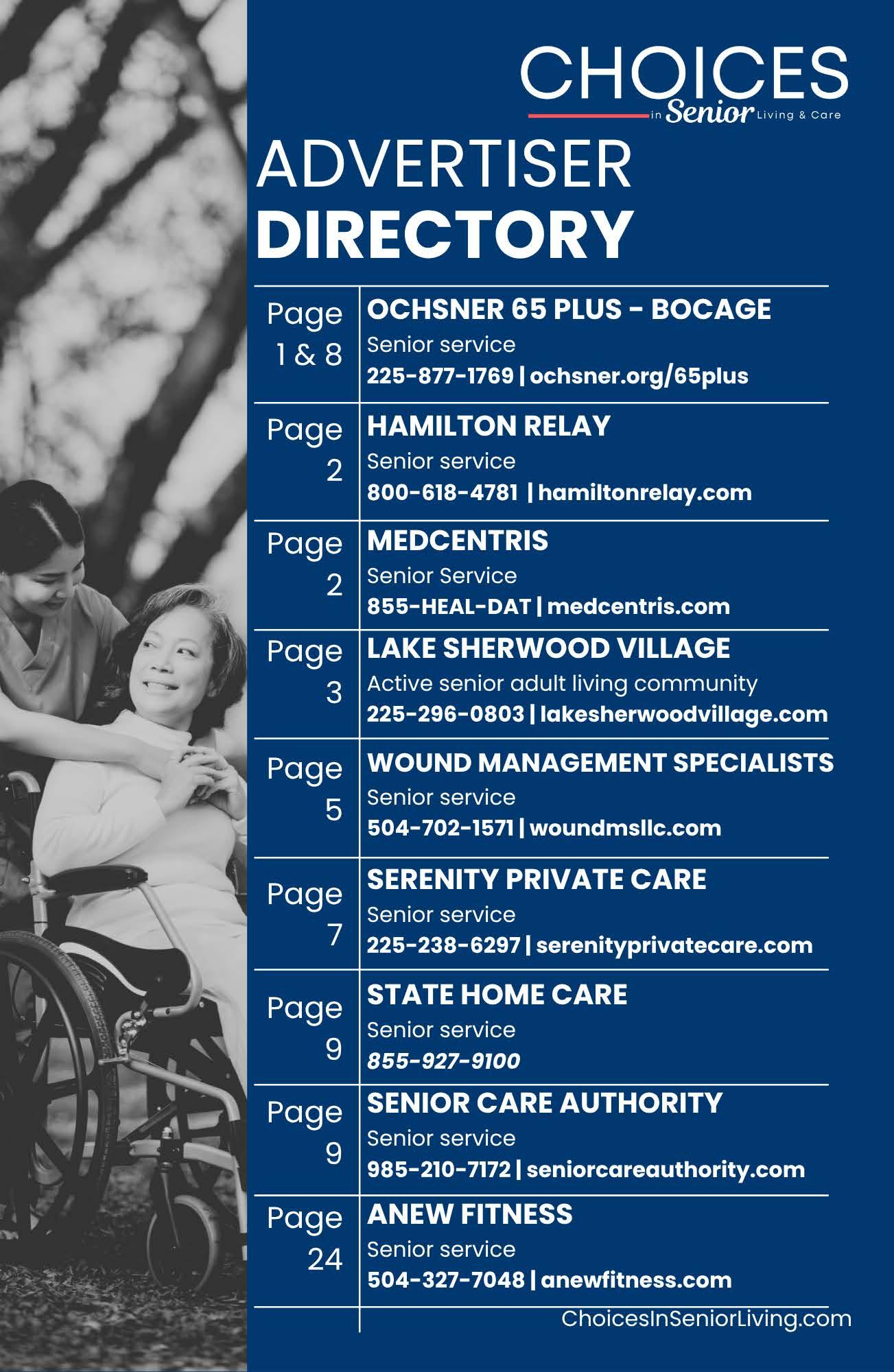


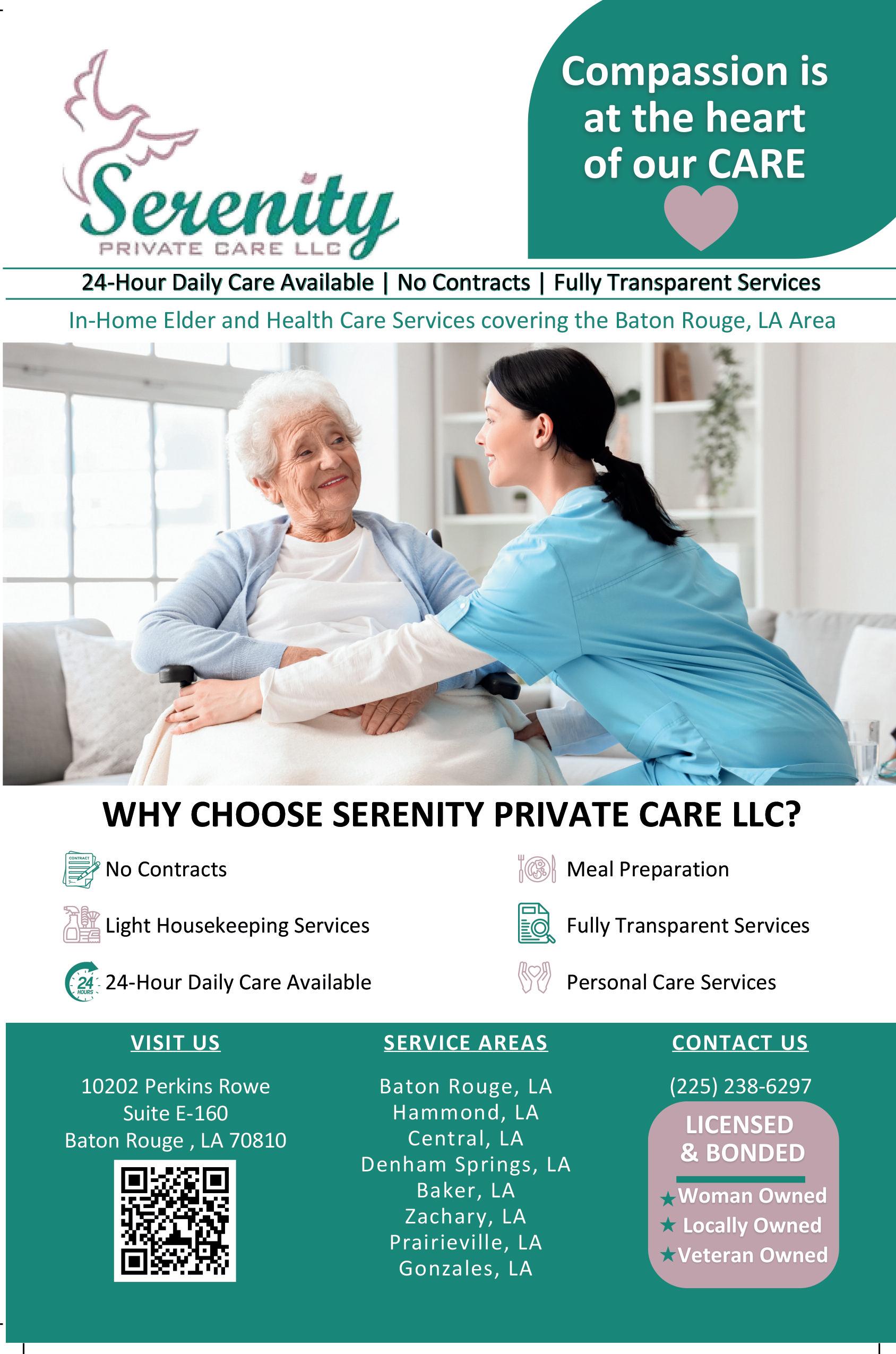

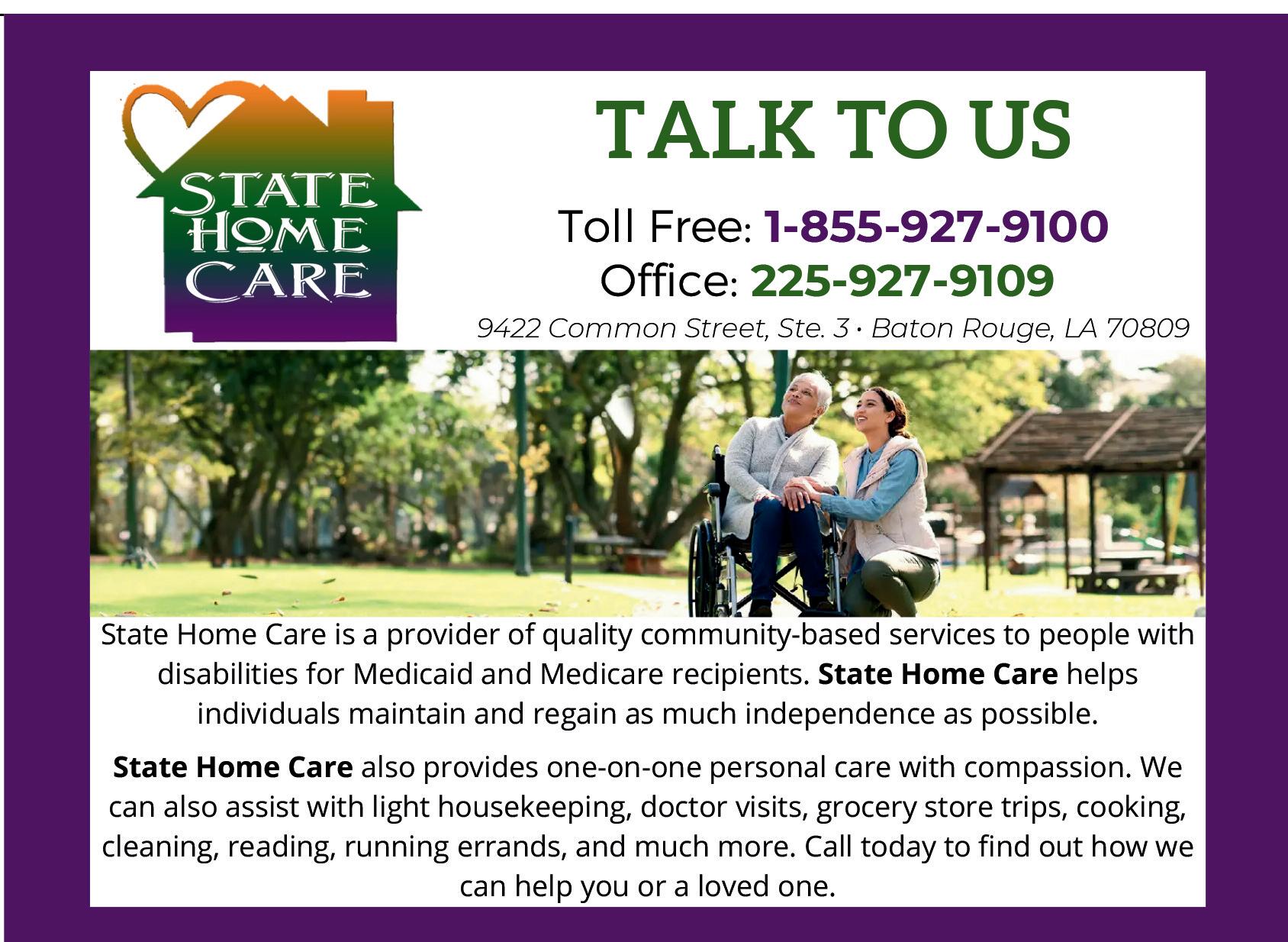
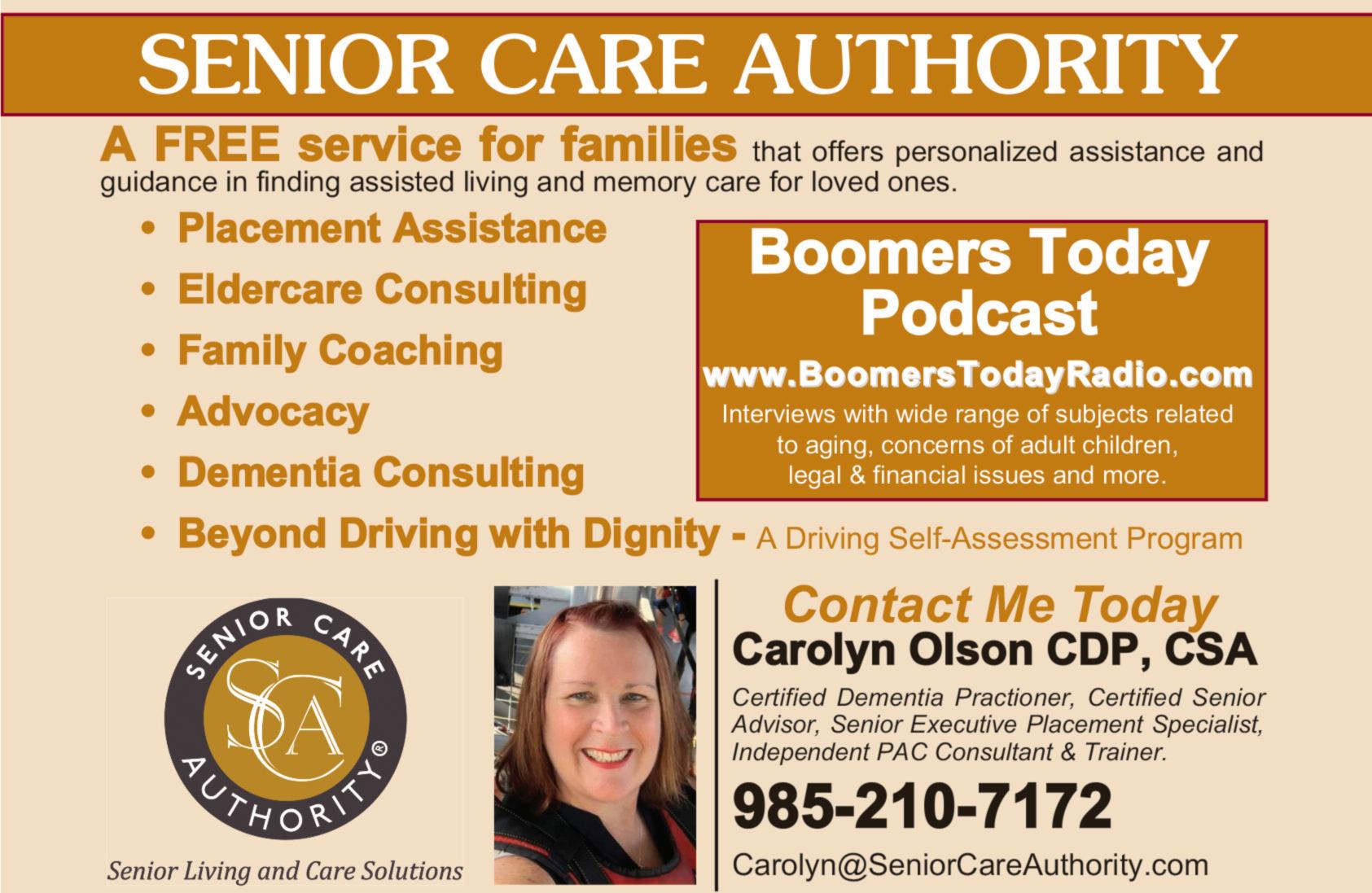
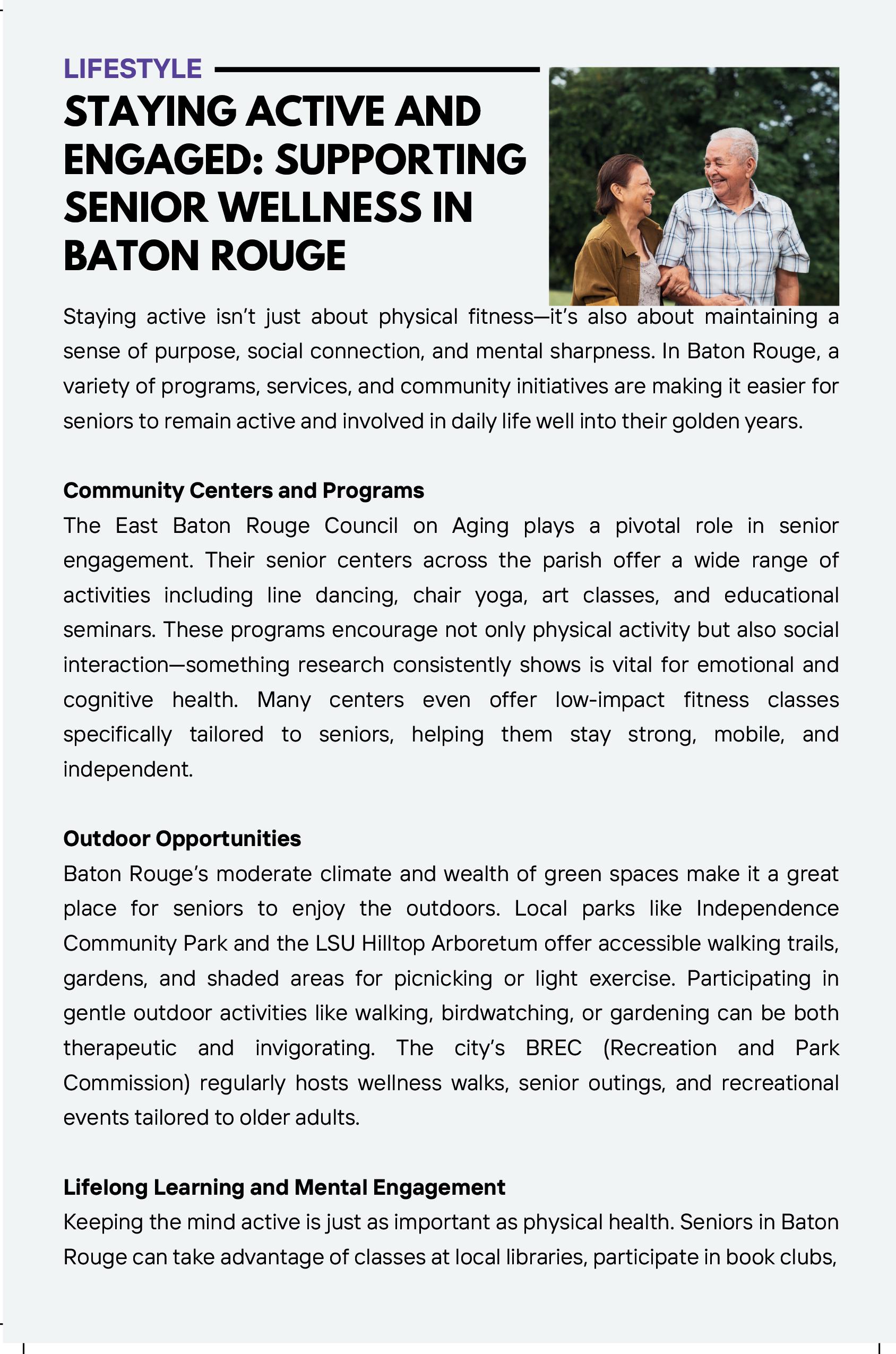

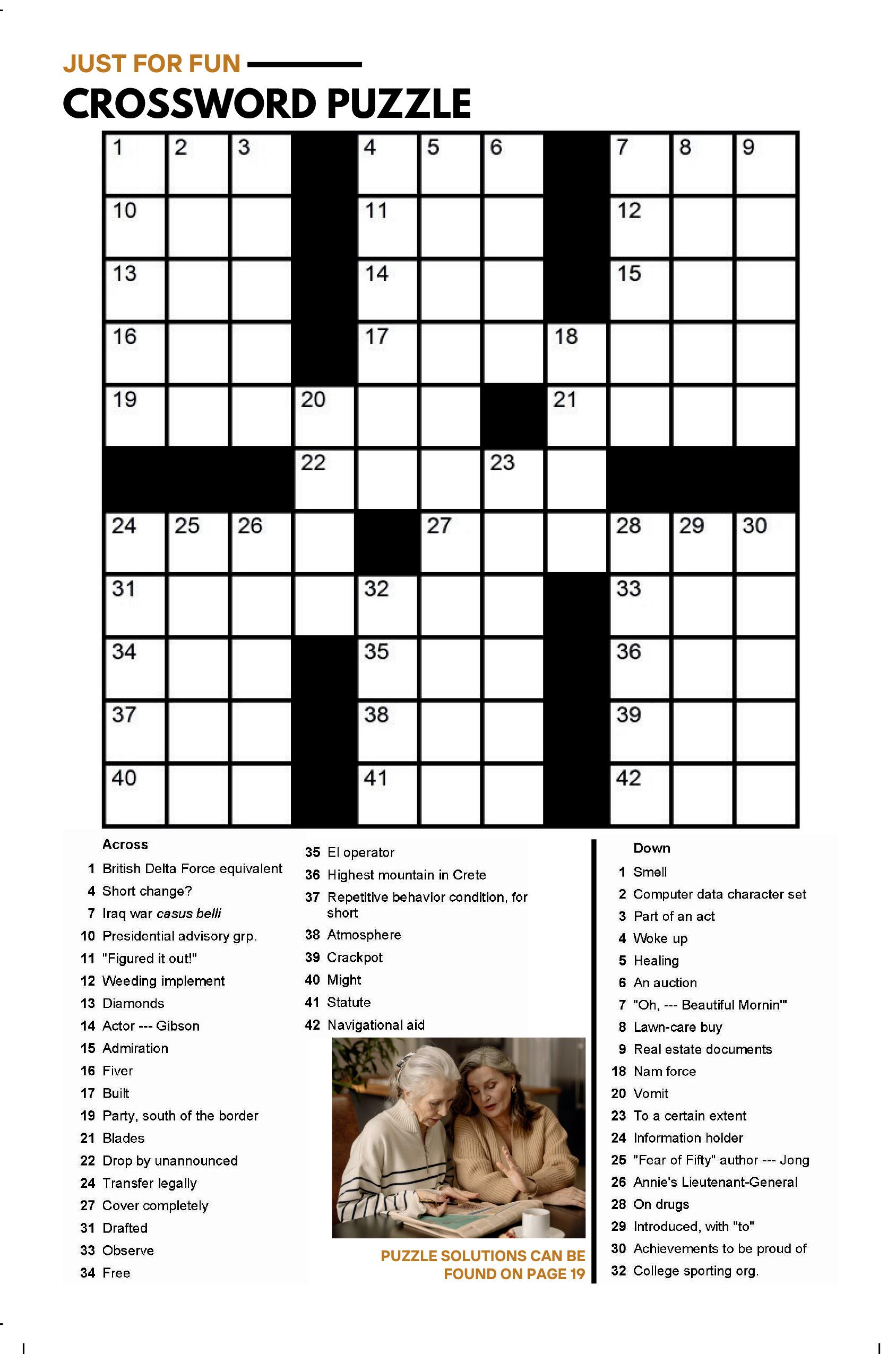




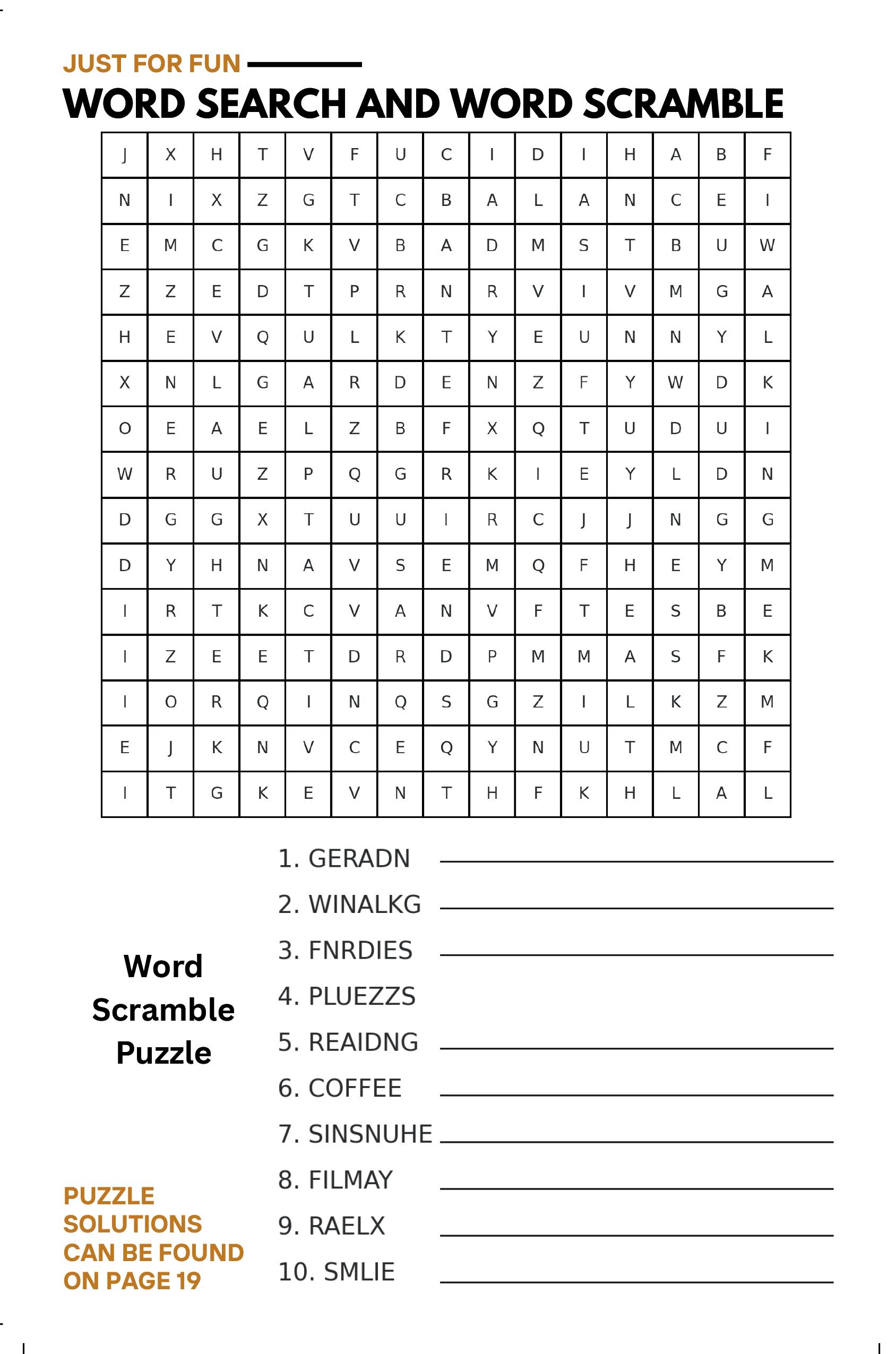

























Housing and Services Descriptions

I
minimum age is 55, and in others 62. Some may offer a reduced rent rate for those who qualify. Some of these senior communities have a pool, community room, and activities They may or may not offer meal services
Residential care facilities provide rooms, meals, and personal care for those finding i
dressing, taking medication, and help with toileting. Residential care facilities are most likely a single-family home, caring for a small number of adults
Assis ted Living Communiti es offer help with all aspects of daily living such as bathing, grooming, and dressing assistance, in semi-private or private living units Most assisted living facilities offer a wide range of services and amenities such as meals, educational classes, exercise activities, and beauty parlors. Some allow residents to have pets.
Memory care facilities provide specialized care for those suffering from dementia or Alzheimer’s disease. Individuals with these conditions often need expert care in a safe environment. Memory care facilities offer enhanced medical services, social activities, 24-hour supervision, and daily meals. Memory care units offer increased security for those who may wander due to dementia or Alzheimer’s.
A
centers operate during daytime hours, usually Monday-Friday and provide a safe, supportive environment. Meals are typically included and snacks during the day.
At some point, it may not be possible to cure those with a serious illness and a person with a terminal illness may choose to discontinue treatment. Hospice care offers comprehensive comfort care and support for the patient and their family.
T h e h o s p i
trained volunteers. Hospice care can be provided in the home, nursing homes, hospital, and in a specialized hospice center. The care team visits regularly and provides support 24/7.
Home Health care is a wide range of health care services that is provided in the home after illness or injury. Skilled nursing, physical, occupational and speech therapies, as well as social services may be provided based on the need. Home health is usually less expensive, more convenient, and just as effective as services provided in a skilled nursing facility (SNF)
A Skilled Nursing Facility (SNF) is a special facility or part of a hospital providing n e c e s s a r y m
occupational and speech therapies. Stays in skilled nursing facilities are normally temporary to resolve a medical need or further recover from a recent hospital stay.
Rehab Facilities provide specialized medical care and comprehensive rehabilitative services (physical, occupational, and speech therapy) to those who are injured, disabled, or suffer with a disability due to a stroke or other debilitating disease
P
functional improvements in activities of daily living.
Nursing homes offer custodial care like bathing, dressing, and feeding.
*Insurance rules apply to medical facilities. When evaluating facilities, caregivers should consult quality ratings available by CMS on the internet.


